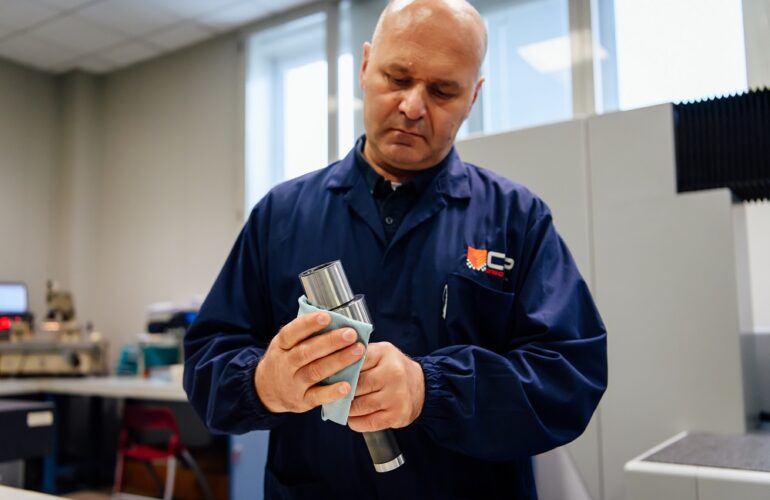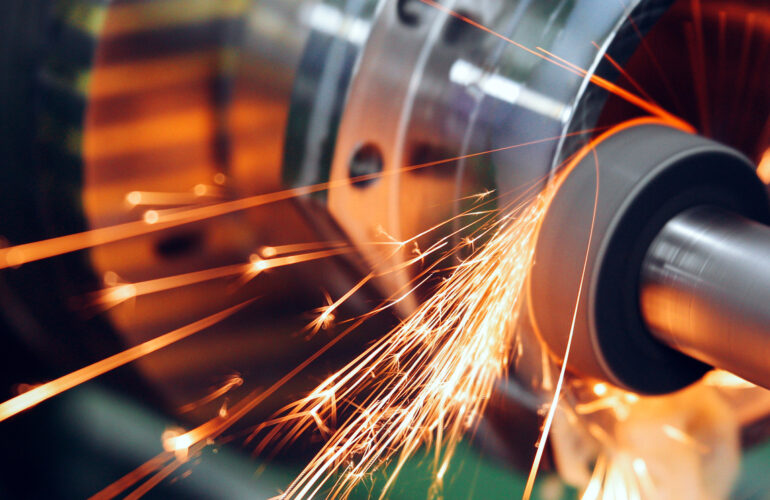Automation and robotics are revolutionizing the precision mechanics industry, opening up new possibilities for companies that want to increase competitiveness, efficiency, and product quality. In this article, we will explore the impact of these technologies on the industry, providing concrete examples of applications and the advantages they offer.
Increased productivity and reduced costs
The use of robots and automated systems can lead to a significant increase in productivity and a reduction in operating costs. Robots can work 24/7, increasing overall production capacity and reducing production times. Furthermore, the automation of production processes can eliminate the need for manpower in repetitive and dangerous tasks, promoting greater efficiency and safety in the workplace.
Improved precision and quality
Robots can perform tasks with millimeter precision, ensuring greater consistency and quality of the finished product. The use of automated inspection and quality control systems can minimize processing errors and ensure compliance with specifications.
Specific applications
Automation and robotics are used in a variety of applications in the precision mechanics industry, including:
- Automated production of components: Robots can perform milling, turning, cutting, and welding operations with extreme precision and repeatability.
- Automated assembly: Robots can assemble complex components with speed and precision, ensuring greater consistency and quality of the final product.
- Inspection and quality control: Automated systems can be used for visual and dimensional inspection of components, identifying any defects or deviations from specifications.
Improved safety at work
The use of robots can reduce the risk of accidents at work associated with dangerous or repetitive tasks, improving overall safety in the workplace.
Automation and robotics are key to competitiveness in the precision mechanics industry. The adoption of these technologies can lead to a number of significant benefits, including increased productivity, reduced costs, improved precision and quality, and greater safety at work.
Companies that want to remain competitive in the global market should consider implementing these technologies in their production processes.




